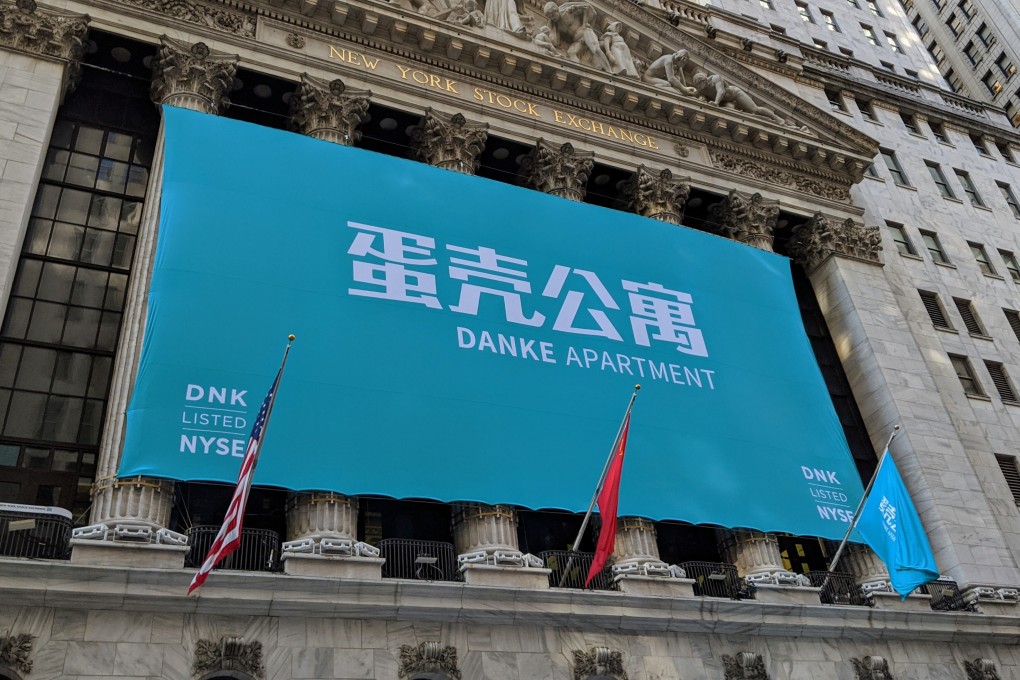Chinese tenants, landlords left dismayed by Danke debacle after US-listed firm fails to pay up, leading to evictions
- Danke, run by New York-listed Phoenix Tree Holdings, has been accused of not paying landlords, leading to contract cancellations and greater scrutiny of start-ups
- Authorities from Beijing to Guangzhou have had to scramble to keep the situation from escalating into social unrest after news of a young man’s death

For Henry Wang and thousands of other young tenants across China, the business model pitched by one of China’s largest rental specialists seemed to be exactly what they were looking for – a win-win arrangement in which they were offered a decent place to live at an affordable price in a major city, while increasing the rental profits of property owners.
It seemed too good to be true – right up until the moment his landlord showed up and told him to get out.
“The landlord came [on December 6] with several men and tried to evict us from the flat, with obvious intimidation implications,” said Wang, an IT worker in Shenzhen, just across the mainland border from Hong Kong.
The company had played rental agent for nearly half a million tenants – it operated more than 415,000 flats in 13 cities as of the end of March, according to its latest quarterly report.